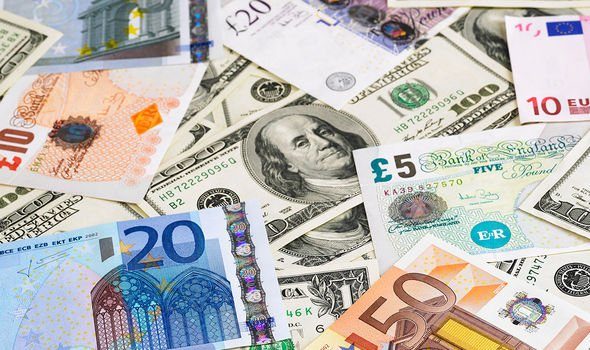When you travel, you may fall victim to fraud, such as an unlicensed taxi or pickpocket. There are plenty of legal tricks that will cost you, too. Here is how to avoid one practiced by nearly every shop, hotel, restaurant, and tourist attraction.

Webster’s Dictionary defines pilfer as “to steal, especially to steal stealthily in small amounts and often again and again.”
What is the perfectly legal method of pilfer practiced by almost every merchant (except those who deal only in cash)? Dynamic Currency Conversion (DCC).
The idea behind DCC is simple. When you make a Visa or MasterCard credit card purchase abroad, the merchant may ask whether you want to be charged in the local currency or your home currency. If you opt to pay in your home currency, the merchant converts the purchase from the local currency on your behalf.
The problem is the exchange rate is virtually guaranteed to be terrible, and there may be an additional fee for the service. Worse, those costs may not be disclosed to you up front. (Note: This is only an issue when using Visa or MasterCard; American Express bans merchants from DCC.)
When I was last in Paris, I bought a bracelet for one of my stepdaughters from a store in the Marais. When the clerk rang up the purchase, she asked if I would like to pay in euros or US dollars. The amounts were displayed on the screen:
€55
$63.45
I chose euros. When the charge appeared on my credit card statement, it posted at $60.53, saving me almost $3 over the DCC rate. In this particular case, the markup for paying in US dollars was roughly 4.8%.
DCC isn’t just a Europe thing, it’s a world thing, even snaring foreign tourists visiting the USA. Unsurprisingly, banks advertise dynamic currency conversion as a terrific service for businesses to offer customers. Here’s a particularly telling sentence from one bank’s website:
“Customers enjoy the added convenience, and you earn additional revenue from conversion fees.”
The “convenience” is letting customers know what they’re paying at the time of the transaction rather than having to wait for the charge to post online or show up in a monthly credit card statement. I’m all for convenience and will often pay for it, but saying DCC is convenient is pretty disingenuous. It’s simply another way for banks and merchants to add additional fees onto the bills of unsuspecting customers.
One common misconception is dynamic currency conversion is a good way to get around those pesky foreign transaction fees incurred by many credit cards. On the surface that makes sense: if you pay for a purchase in dollars (or your home currency), then it isn’t exactly a foreign transaction, and you shouldn’t have to pay a fee like the 3% that gets tacked on by many credit cards…right?
Wrong. Most credit cards that charge foreign transaction fees include a provision similar to the following:
“Fee for Foreign Purchases – 3% of US dollar amount of each purchase.”
Notice it doesn’t say purchases in a foreign currency; it simply references foreign purchases as a whole. This means even if you accept a merchant’s offer to convert the transaction for you, you’ll still be subject to foreign transaction fees. Even worse, the fee will be higher because dynamic currency conversion will have increased the dollar amount of the purchase.
Under my earlier example, if I had accepted the store’s offer of DCC and used a credit card that charged a foreign transaction fee, I would have overpaid for my purchase by almost eight percent!
DCC price = $63.45
FTF on that amount = $1.90
Total = $65.35 (versus $60.53 for paying in euros with a card that doesn’t charge a foreign transaction fee)
Note: While merchants should allow you to choose which currency you want to pay with, keep your eyes open for unsolicited dynamic currency conversion. In Spain and Peru, I was proactively billed in U.S. dollars at several restaurants. I don’t know if it was done with the intent of padding the bill or because the proprietor thought I would prefer it, but either way, it made the meals more expensive. So when you check your restaurant bill before paying, make sure to note the currency in which you’re being billed.
Twist’s Take: When you’re traveling internationally and a merchant offers to convert your bill to your home currency, politely decline (and check your receipts to make sure it wasn’t done without your knowledge).
